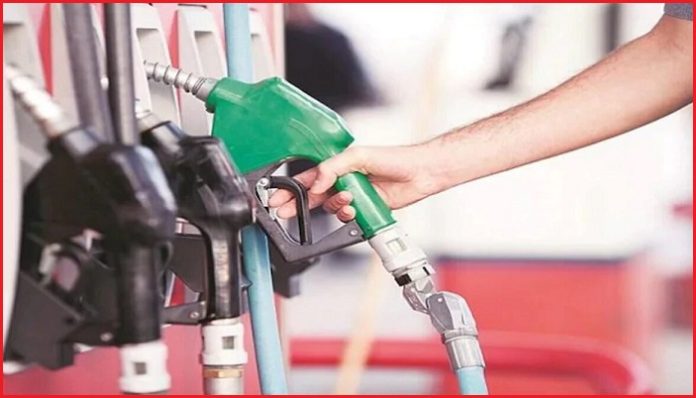New Delhi :
In addition to ensuring the fuel dispenser reads zero before refueling, there is another vital factor that deserves attention—fuel density.
Neglecting to check density can not only result in receiving less fuel than paid for but also potentially damage your vehicle.
Understanding the significance of density and how to verify it can help safeguard against such issues.
Decoding Density: Understanding its Role in Fuel Quality
Density refers to the thickness or consistency of a substance or product. It is determined by the specific quantities of substances or elements used in its composition.
The quality of the product depends on the presence and proportions of these elements.
For instance, in the case of engine oil, the right consistency ensures optimal performance—neither too thin nor too viscous, indicating proper formulation.
Setting the Standards: Limits for Petrol and Diesel Density
The government has established standards for the density of petrol and diesel.
The accepted range for petrol density is 730 to 800 kilograms per cubic meter (kg/m3), while diesel density is expected to fall between 830 and 900 kg/m3.
These figures account for temperature variations, as the density can fluctuate with changes in temperature.
Detecting Adulteration: Checking Fuel Density for Purity
Any deviation from the specified density range indicates potential adulteration or quality degradation. Adulterated fuel may contain added solvents, leading to undesirable consequences for your vehicle’s performance.
While visually inspecting engine oil is a common practice, checking fuel density requires a more thorough process.
Simple Steps to Verify Fuel Density
1. Confirm Information: Look for the displayed density details on the petrol filling machine or the receipt.
2. Self-Check: If desired, conduct a density check using a density jar, hydrometer, thermometer, and ASTM conversion chart. These tools are usually available at petrol pumps.
3. Density Measurement: Extract fuel samples at different temperatures into the density jar and use the hydrometer to measure the density accurately.
4. Consumer Rights: As per the Consumer Protection Act of 1986, customers have the right to measure the purity of petrol, ensuring fair treatment.
By understanding and verifying fuel density, you can actively protect your vehicle from potential damage and ensure you receive the quality fuel you pay for.
